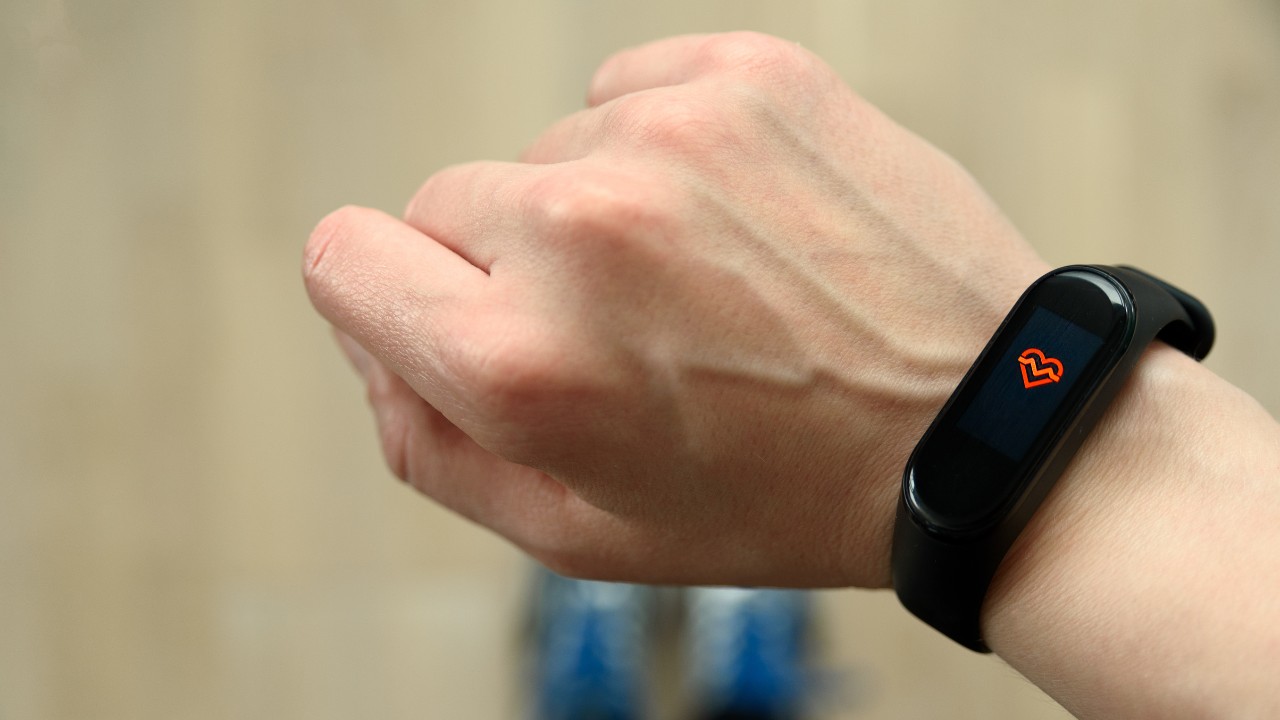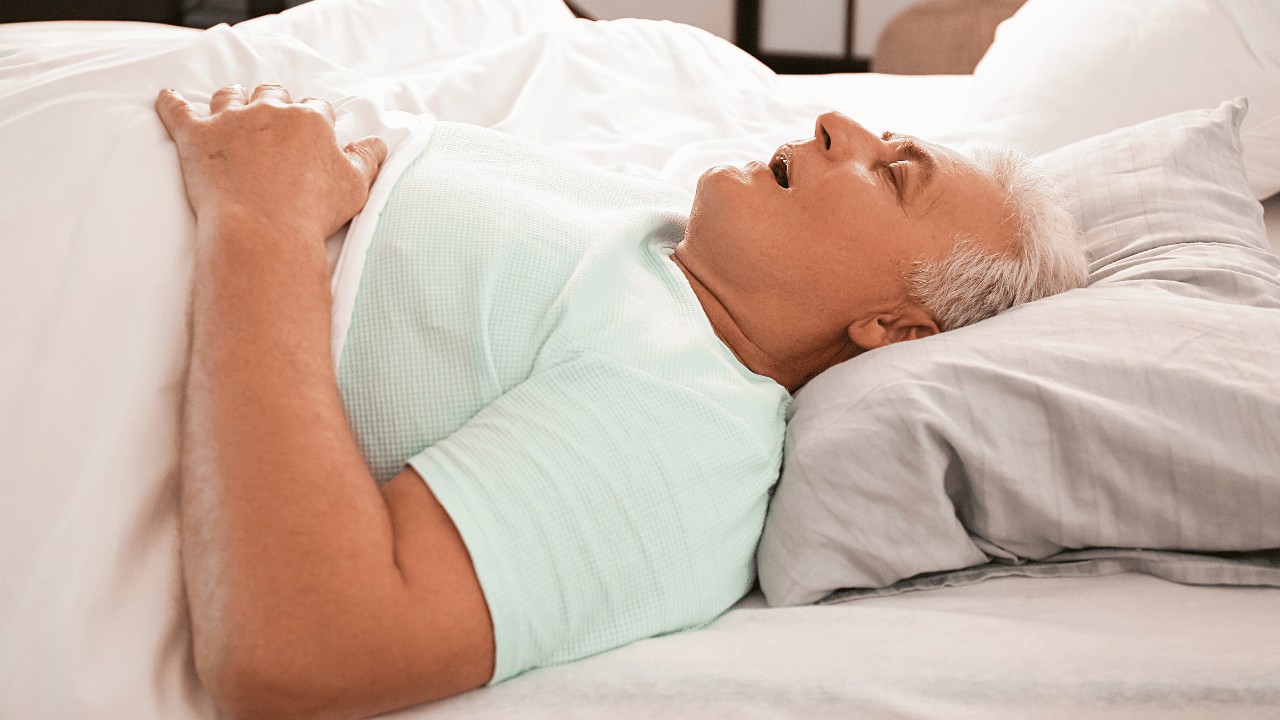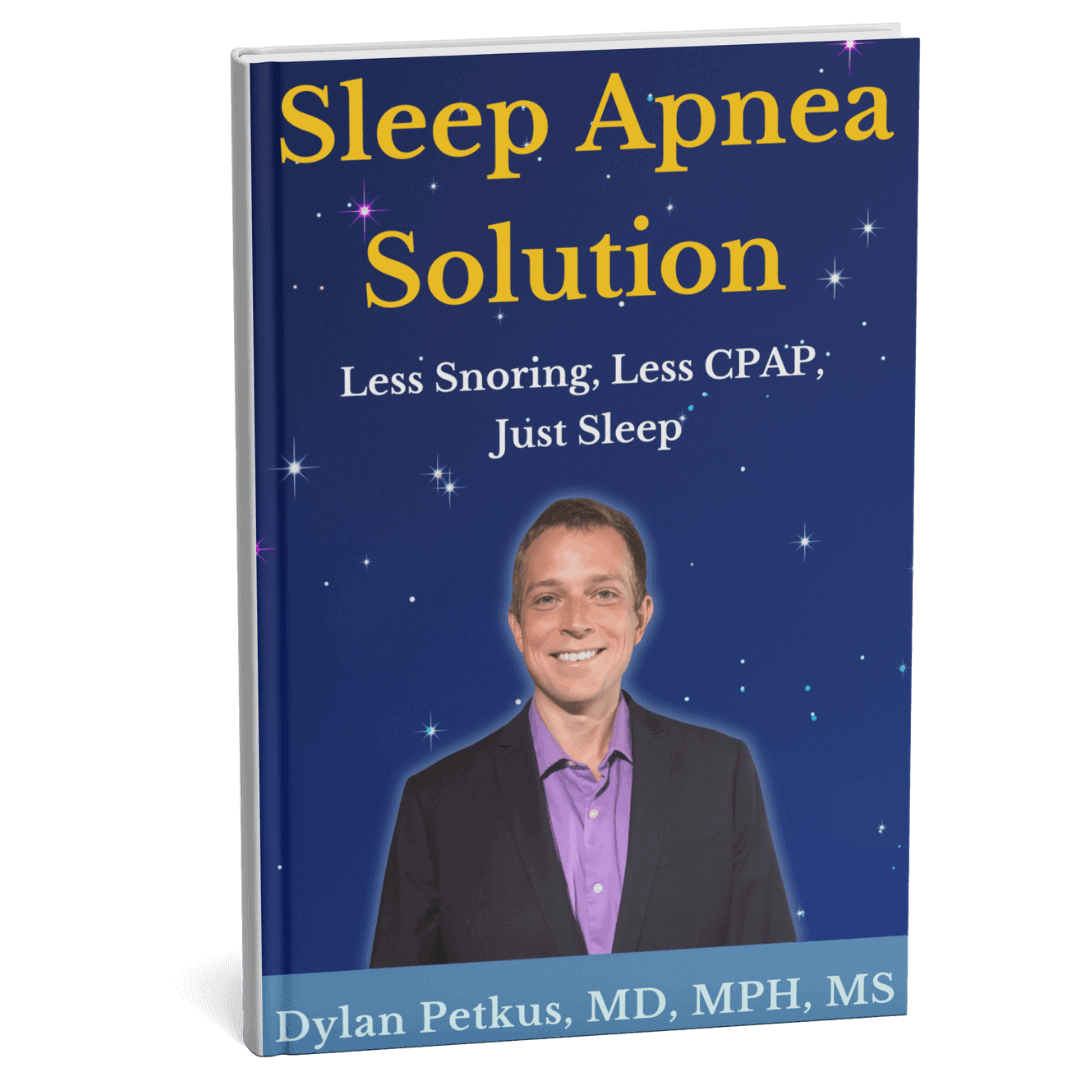Smartwatches and fitness trackers provide a wealth of data about your activity levels, calories burned, and daily steps, and many advanced, modern devices also incorporate sleep monitoring functions. You might, for instance, be comparing the Oura Ring, Fitbit, and Apple Watch as an aspect of your approach to sleep apnea.
The difficulty is that fitness trackers aren’t specifically designed as sleep apnea monitors and cannot detect or diagnose the condition. However, they may be useful in tracking progress and recording the severity and frequency of waking events to check whether efforts to boost healthy nighttime breathing are working.
In this guide, we’ll examine whether a sleep study for apnea test kit at home is worth investing in or whether traditional devices like a nose ring for sleep apnea are better for your budget.
Fitness Trackers for Sleep Apnea: The Pros and Cons
Most sleep specialists and physicians advise that fitness trackers can give you handy insights but aren’t reliable enough to predict or detect sleep apnea, nor are they a foundational part of the approach they might recommend. However, there may be benefits, especially if you already wear a smartwatch or fitness ring and aren’t purchasing one solely to help with your sleep apnea. These include:
- Tracking sleep patterns and habits: Fitness watches have varied features, but most can record the number of times you wake up a night, the total hours of sleep or REM achieved, variations in your heart rate, or drops in your blood oxygen levels.
- Monitoring progress: This is a way to see whether your sleep duration and quality are increasing or how lifestyle changes and prescribed medications are influencing the severity of your sleep disturbances.
- Contributing to efforts to become more physically active and healthy: Many people use fitness trackers to help embed new habits like walking a minimum number of steps, losing excess body weight, or burning more calories during the day.
Benefits aside, it’s important to reiterate that a fitness tracker cannot determine whether or not you have sleep apnea. The only way to confirm this is to consult a physician or sleep specialist.

Established Ways to Detect Sleep Apnea
If you suspect you have sleep apnea, a medical professional will usually start by ordering a series of tests or sleep studies. These analyze your sleep patterns and detect variations in respiration, airflow, oxygen saturation, and heart rate. This is essential because, while frequent waking, fatigue, and poor-quality sleep may be due to obstructive sleep apnea, numerous other causes may also require treatment.
Conventional tests include a polysomnogram, which is typically administered overnight in a sleep clinic with a technician monitoring the data. Because these tests are costly and require specialist facilities, they are becoming less common.
Home testing is a more typical option and works similarly to a polysomnogram using FDA-approved testing devices. The data recorded might look comparable to that tracked by a smartwatch, but the difference is in the reliability of that information.

Using a Fitness Tracker With Verified Sleep Apnea
After having sleep apnea confirmed, you can use your smartwatch or fitness tracker to see how the results vary and share that information with your physician, who will undoubtedly be interested in how efforts to promote healthier breathing and nighttime rest are impacting you. Alongside medical approaches and sleep devices, you can be proactive about enhancing natural sleep with varied proven techniques such as effective breathing routines, nutritional changes, and audio tracks to reset your nervous system.
To learn more, order your copy of Sleep Apnea Solution today and get started with a Sleep Environment Checklist, nutritional guide, and personalized Sleep Apnea Assessment included!



